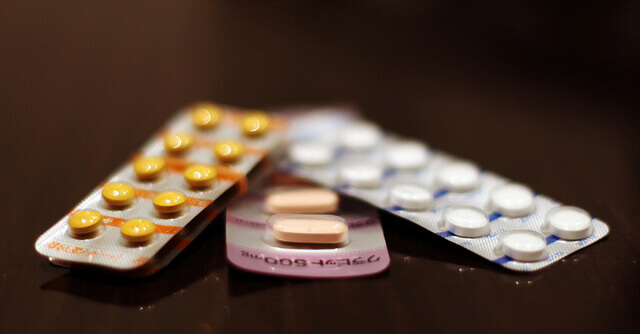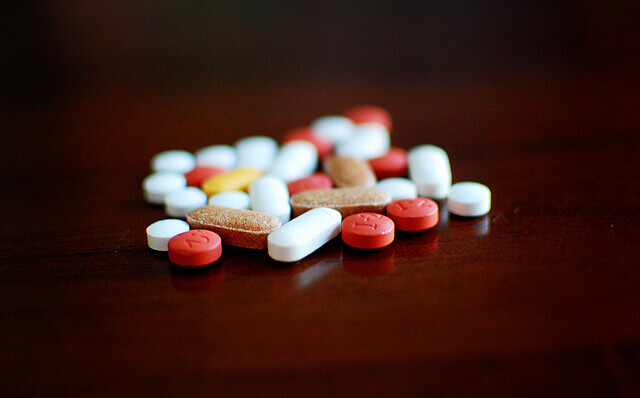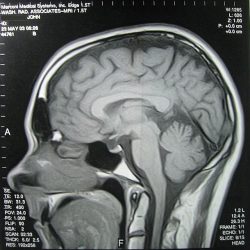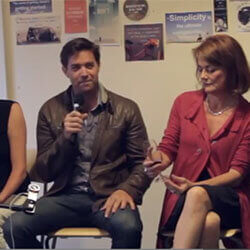Would You Take ‘Love Drugs’ to Boost Your Romantic Life?
It may only be a matter of time before we have pills that can enhance relationships.

It seems like practically every day we are facing serious, and sometimes even daunting, questions regarding the use of technology. From drone warfare to intellectual property, from the right to repair to the ethics around gynoids, every development seems to come with both a wide range of possibilities as well as concerns.
And now comes the news that soon—maybe even sooner than you think—we might be able to take what could best be called a “love pill.”
An affection injection?
Neuroethicist Anders Sandberg, from Oxford University’s Future of Humanity Institute, will soon be addressing “Love in the Time of Tinder” at the Institute of Art and Ideas conference. Part of what he will discuss is the impact of pharmaceuticals that can induce a wide range of human emotions—including romantic love.
As reported by Quartz, Sandberg said: “While there’s still not anything you can find in the supermarket or approved, we’re getting towards the point where they probably will show up.”
Oxytocin may be the key
Back in 2013, Olga A. Wudarczyk, Brian D. Earp, Adam Guastella, and Julian Savulescu authored a paper that spelled out not just the possible mechanisms of a romance drug, but also some possible benefits from it.
Their paper, “Could intranasal oxytocin be used to enhance relationships? Research imperatives, clinical policy, and ethical considerations” sums up the idea that while long-term romance is crucial for many, it can be challenging to maintain.
A possible solution? “To intervene at the level of psychobiology, enhancing partners’ interpersonal connection through neurochemical modulation,” they write in the paper.
Already used for a variety of treatments, including depression, they point to intranasal oxytocin, meaning breathed in through the nose, as a possible avenue to explore for a romance drug.

Questions and possibilities
While the possibility of using drugs such as oxytocin to create a love drug might be a few years away, Anders Sandberg has already begun to raise serious questions about the what this might mean for society.
He discounts the immediate leap to the drug being a magical potion: one that could be slipped to an unsuspecting person, causing them to fall madly in love with the next person they see.
Instead, he says, it would be more akin to a chemical enhancement to what’s already there, emotionally: “something you take together with your partner, and that causes a slow, long-term experience.”
Speculations on a love drug
Looking forward, there is also the possibility that an oxytocin-type drug could be used to treat a wide variety of other psychological concerns beyond assisting romantic relationships. If it’s possible, for instance, to add a sense of connection with a specialized medication, why shouldn’t it also be possible to increase feelings of empathy?
 |
For those who have difficulty connecting with other people, or humanity itself, a chemical option might be the difference between isolation and deep, meaningful connections. Similarly, it could become an essential psychological tool for those dealing with emotional burnout. Teachers, doctors, even police officers can occasionally feel disconnected from the public. Perhaps a modified version of this type of medication could hold off—or even prevent—this emotional distance.
Then there are all the sexual possibilities. While a drug could help restabilize romantic feelings, could it also spice up sexual ones? Someday we might have not really so much of a love potion as a love spice that could chemically enhance erotic pleasure.
Like so many other potential innovations, all kinds of questions will come up around such love drugs. Let’s just hope that humanity will be able to deal with them thoughtfully and carefully—and not just emotionally.
Image sources: Evan Blaser, frankieleon, Jamie
Leave a reply
You must be logged in to post a comment.

















